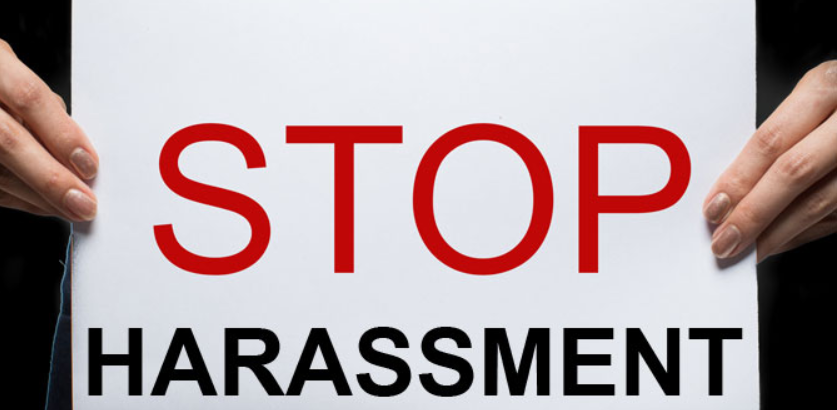Most employers have a policy covering sexual harassment, but not all employees are aware of it, according to the Society for Human Resource Management.
A survey by the organization found that 94% of HR professionals said their companies have anti-harassment policies, but 22% of nonmanagement employees weren’t sure the company had the policies.
“To sustain a harassment-free culture, policies need to be continually reinforced by leaders and managers and be part of everyday discussions,” said Johnny Taylor Jr., president and CEO of SHRM. “If it’s not part of your culture to be talking about this, then it is going to be harder to curb inappropriate behaviors.”
SHRM’s survey included 1,078 human resources professionals and 1,223 nonmanager employees.
Other findings, included:
- Under-reported: Among nonmanager employees, 11% said they experienced some form of sexual harassment in the past 12 months. And 76% said they did not report it for reasons that included fear of retaliation or a belief that nothing would change.
- Prevalence: 36% of HR professionals reported at least one sexual harassment allegation at their organization within the past month. However, 57% of HR pros believe that unreported incidents take place within their organization.
- Training: Of HR pros surveyed, 32% said their organizations made changes to their sexual harassment training in the past year. The most common changes include the addition workplace civility training and the tailoring of training to specific workforces. The survey also found that 37% of employers use online/video training and 36% use both online/video and face-to-face training.
Sexual harassment affects the contingent workforce as well. Just last week, the US Equal Employment Opportunity Commission sued a staffing firm claiming its on-site manager sexually harassed workers. The harassment allegedly occurred at a Procter & Gamble manufacturing plant in Kansas City, Kan., and included an offer of paid time off in exchange for sexual activities.
For more information on what a staffing supplier and staffing buyer should do if a sexual harassment complaint arises involving contingent workers, see this story by Fiona Coombe, CCWP, director of legal and regulatory research at SIA.









